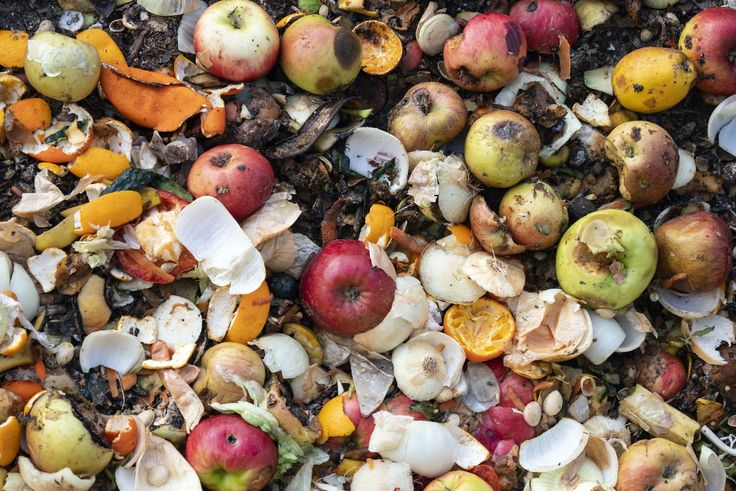
🥭 India’s Food Waste Crisis: Why It’s Bigger Than We Think!
Share
In a country where millions go to bed hungry, it's alarming that so much food never reaches a plate. India is among the top countries in the world when it comes to food waste — not because we lack food, but because we often fail to preserve and distribute it effectively.
🍚 The Real Cost of Waste
Food is wasted at every stage of its journey — from farms to markets, to kitchens. Perfectly edible fruits are discarded because they don’t look ‘good enough.’ Grains rot due to poor storage. Cooked food is tossed out at homes, restaurants, weddings, and festivals. According to estimates, India wastes around 67 million tonnes of food every year, a number large enough to feed the entire population of a small country.
But food waste isn’t just about hunger. Every morsel wasted also means wasted water, labor, transport, and energy. It adds pressure to our already strained natural resources and contributes significantly to greenhouse gas emissions when it decomposes in landfills.
🌾 Rooted in Tradition, Lost in Modernity
India's food heritage is rich with practices that minimize waste — pickling, drying, fermenting, and reusing leftovers are all age-old techniques passed down through generations. What was once second nature is now often overlooked in urban lifestyles, replaced by convenience and consumerism.
At one time, households thought creatively about every scrap. Fruit peels were used in chutneys, excess milk turned into paneer, and leftover rice became breakfast the next day. Today, such practices are rare, especially in cities where the value of food has been replaced by the ease of discarding it.
🔄 A Call for Circular Thinking
The solution lies in returning to a circular mindset — one where nothing is considered ‘waste’ unless it truly can’t be used. This means respecting food enough to plan meals better, store ingredients properly, and find creative ways to use what we have.
From home kitchens to large food businesses, small changes can make a big impact. Composting, food sharing, smarter portioning, and reviving preservation methods are just some ways to reduce waste. Education and awareness also play a vital role — especially in showing that traditional practices aren’t outdated; they’re more relevant than ever.
🌍 What We Choose Matters
At Malayali Kada, sustainability isn't just a buzzword — it’s a way of life inspired by how our ancestors lived. Many of our products, from sun-dried ingredients to homemade pickles, reflect a philosophy of respecting what the earth gives us and using it wisely.
Reducing food waste is a shared responsibility. Every jar of pickle made from surplus mangoes, every dish created from leftover vegetables, and every conscious choice made in the kitchen brings us one step closer to a more sustainable and mindful future.
